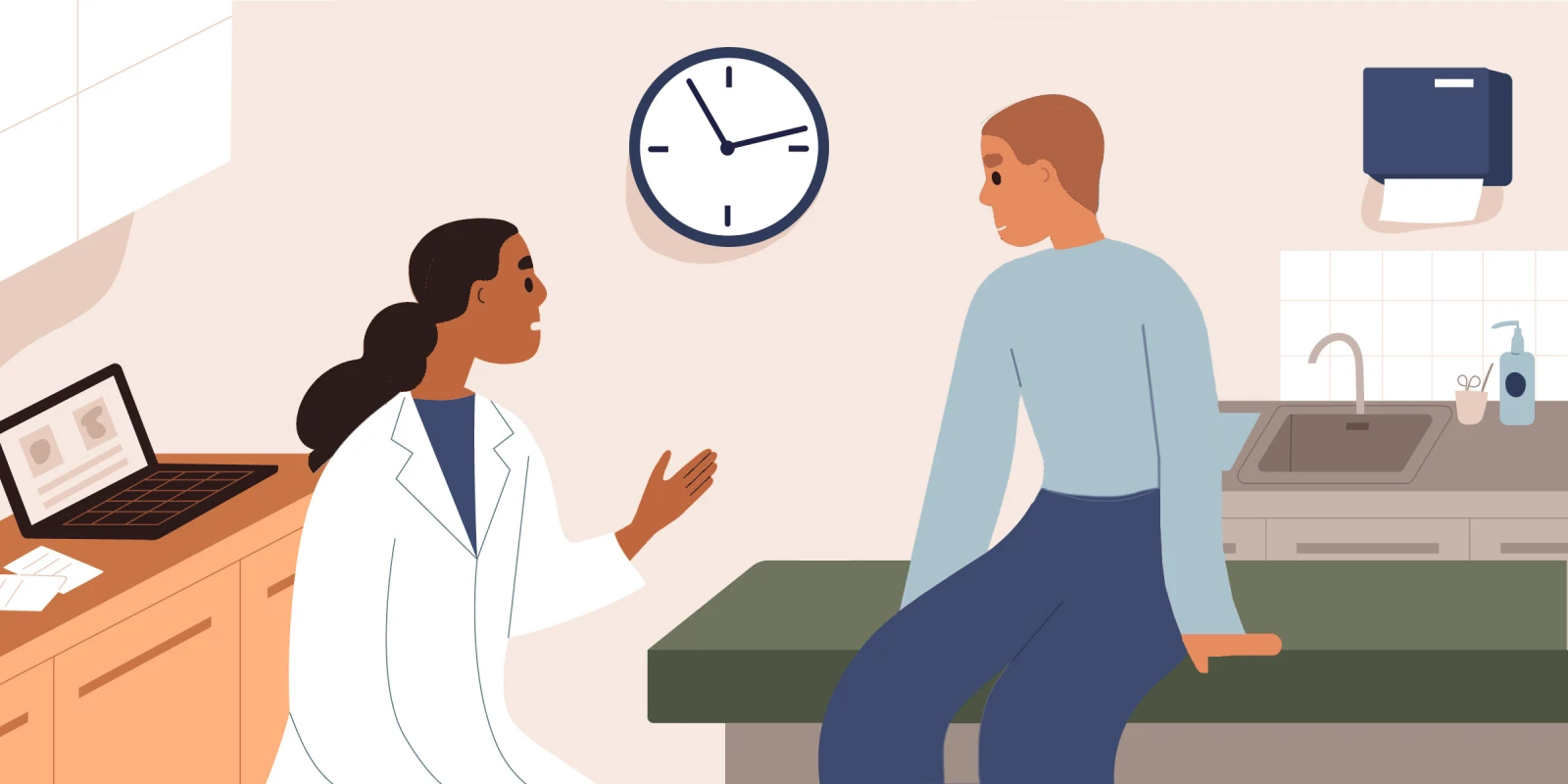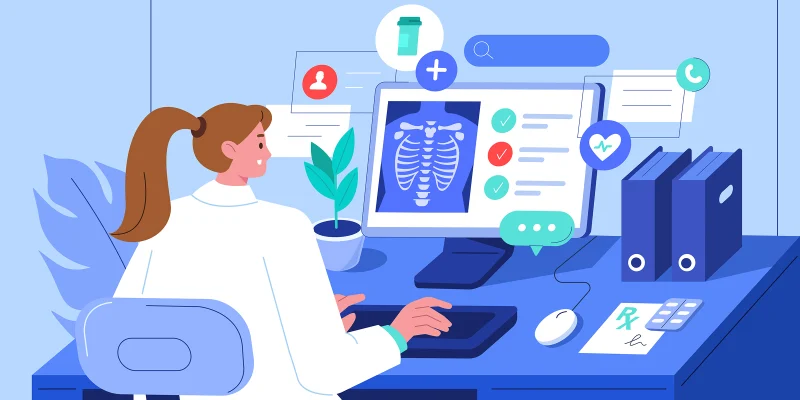I love having conversations with my patients. Don't you? Sometimes I find that it helps reduce my daily stress. You know, just the daily grind. Yes, it's true, the time factor always gets in the way, but talking to my patients has always helped me. When I was pregnant, I got so much advice: Talk to your baby. Have a good routine. Take some time for yourself. Read to your baby. Cherish these moments, they grow up so fast.
Other conversations reminded me to slow down. I once had a patient who was very depressed due to the chronic traumatic pain he was experiencing. He had even attempted suicide. I remember feeling rushed that day but as soon as he told me that he had been suicidal, I hit the brakes. I remember internally taking a deep breath and telling myself to slow down and just listen as he talked about his feelings and pain. Fortunately, he was in follow-up with psychology, but he was awaiting a psychiatry consultation three months away. I was worried about him, so I thought it would be best to see him every month until then. So every month, we talked, and I was able to see him again after his psychiatry appointment. His psych meds had been adjusted, resulting in improved mood and less chronic pain. He was so happy and so was I. He thanked me for listening to him and being there for him.
Another patient taught me the importance of treating everyone as a human being. She had a "difficult" personality. Difficulty in dealing with staff. Even irritating other patients in the waiting room. I hate to admit it, but even I found her "difficult." But one day she experienced a traumatic eye injury resulting in the loss of her eye. As she told me her story, I realized how sad she was. All this time I had spent focusing on the negative, on how "difficult" she was, instead of focusing on the human being in front of me. We talked, and I again remembered the need to slow down. I remembered everyone's human and we all have things to deal with. Sometimes, we react poorly to stressful situations. Sometimes, we just want to be heard.
I had a similar encounter with another "difficult" patient. The patient showed up 20 minutes late for her appointment. She then proceeded to complain about every doctor she's ever had. Then, she insisted on talking about her medical issues unrelated to her chief complaint. At the end, she looked me dead in the eyes and said, "I like you. I feel like I can trust you." And I felt … exhausted. I wasn't sure what to make of her. Personally, it's hard for me to believe someone who complains about everyone. It always makes me wonder what they are saying about me when I'm not in the room. Should I feel the same way toward my patients? Should I question her also or just be content that I was able to get through the visit relatively unscarred? Regardless, this encounter reminded me again about the importance of being both patient and calm. The visit ended on a positive note and subsequent visits proved the patient was actually alright and not "difficult."
Other patients tell jokes and make me laugh. Some patients cry and need a hug. And yes, others just want to talk. As much as I enjoy talking with my patients, I always worry about time. The clock is always ticking. But I do find that despite the ticking clock, the one factor in my day that always puts a smile on my face are these conversations. So, sometimes, I will mute that clock for an extra five minutes to chat. Yes, I'll pay for it later, but it's worth the smile on my patients' face for being heard and the smile on mine for the good advice and life lessons.
What have you learned from your patients? Share in the comments.
Karine Ngoie is an interventional pain management physician assistant in Lawrence, Massachusetts. Remembering to be true to herself, respectful of others, and honest keeps her grounded personally and professionally. Karine was a 2022–2023 Op-Med Fellow. Connect with her on LinkedIn.
Image by GoodStudio / Shutterstock







